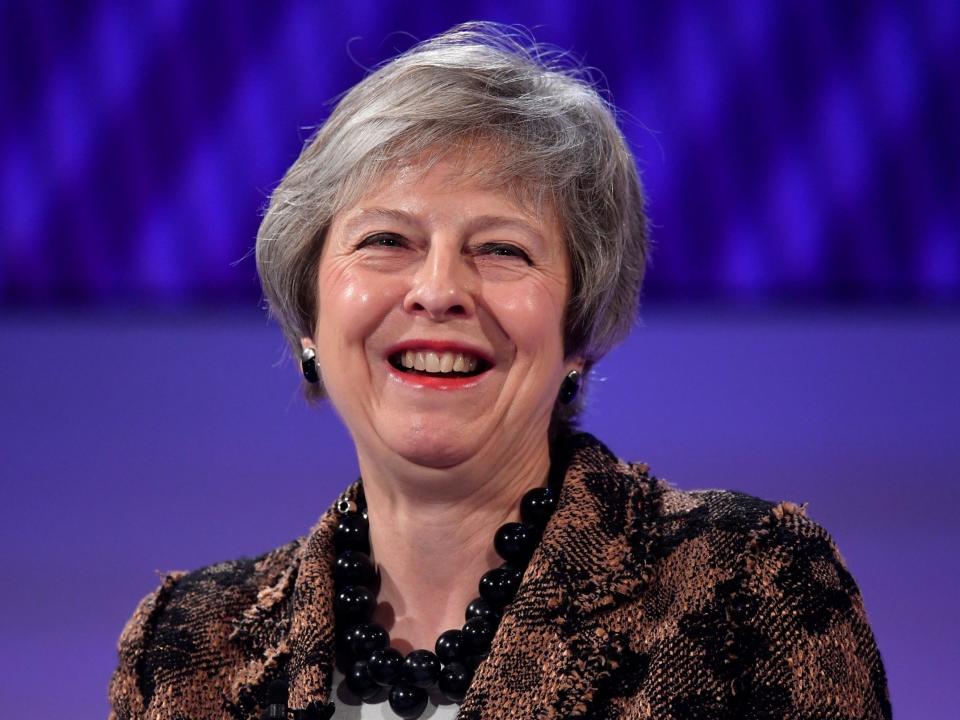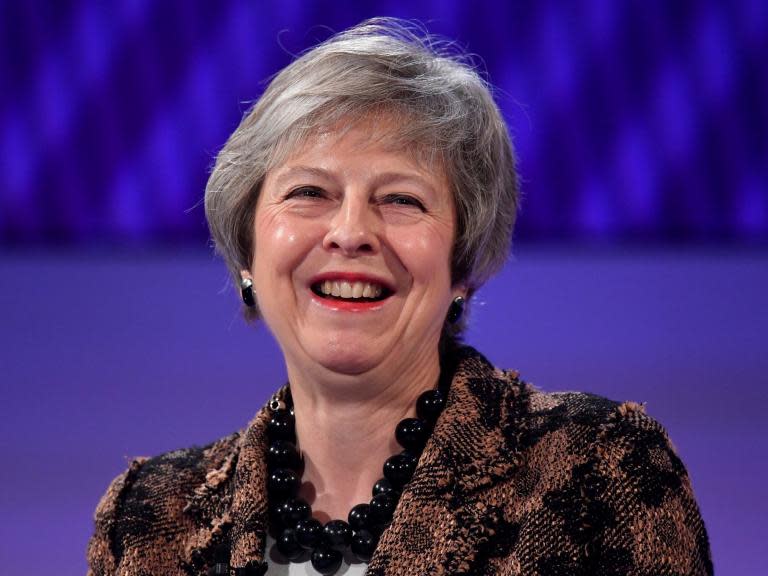Pro-Brexit Conservatives struggling to gather support for Theresa May leadership challenge
Hardline pro-Brexit Tories are struggling to gather support for a leadership challenge against Theresa May, despite days of threats.
The European Research Group (ERG) boasted that it would secure the 48 signatures it needs on Monday, but faced the embarrassment of a backlash that offered the beleaguered prime minister some relief.
Some Tories appeared to have pulled back from submitting letters of no confidence after discovering Conservative members in their constituencies remained loyal to Ms May.
Steve Baker, the ERG’s deputy chairman, faced accusations that he had “overplayed his hand” and overestimated support for a challenge, just days before the crucial EU summit to seal the Brexit deal.
Nick Boles, a pro-EU backbencher, launched an attack on Jacob Rees-Mogg, the head of the ERG, and on Boris Johnson – who is rumoured to have submitted his own letter.
“Do my colleagues not understand how normal people react when they see a group of middle aged men, led by two plummy-toned Old Etonians, trying to bully a conscientious and determined woman out of her job?” he tweeted.
Mr Baker had predicted that “the line will be crossed by a big margin on Monday evening” – but admitted that was “if everyone does what they’ve told me”.
Just 26 Conservatives have announced they have put in letters to Graham Brady, the chairman of the backbench 1922 Committee, although others have made it known privately.
The vote of no confidence failed to materialise as:
* Ms May seized on business support for her Brexit plan, saying, in her speech to the CBI conference: “Don’t just listen to the politicians, listen to what business is saying.”
* The prime minister said it was “important” that the transition period ends before the next general election, but gave no guarantee – after the EU suggested it could run until the end of 2022.
* Spain threatened to sink the Brexit deal in a row over Gibraltar, demanding one-to-one “separate discussions” on its future, outside of the main negotiations.
* David Mundell, the Scottish secretary, again threatened to quit if the UK remained tied to EU fishing policies and quotas after 2020.
* Karen Bradley, the Northern Ireland secretary, warned a no-deal Brexit would force checks at the Irish border, because World Trade Organisation rules are “very clear”.
Downing Street also acknowledged that huge progress still needed to be made if the agreement is to be rubber-stamped by EU leaders in Brussels on Sunday.
The prime minister is expected to head to the Belgian capital sometime this week, to head up the negotiations personally – but they could run on until Sunday itself.
As well as agreeing a date for an extended transition – if needed to avoid the return of a hard border in Ireland – the outline of the long-term relationship must be fleshed out.
That document, separate to the withdrawal agreement, is currently just six-and-a-half pages long, saying virtually nothing about future trade, security or data exchange.
It does commit the two sides to filling in the gaps by “building on the single customs territory provided for in the withdrawal agreement” – to the alarm of Brexiteers, who suspect a permanent customs union.
The prime minister’s spokesman said: “We are adding more detail to the outline political declaration for it to become the future framework.
“There is a lot of work to be done. The prime minister has described this period as ‘critical’ and I would expect the talks this week to be intensive.”

 Yahoo News
Yahoo News 

